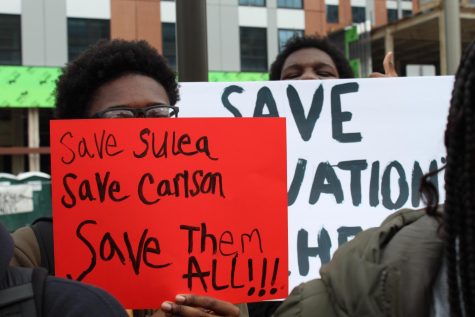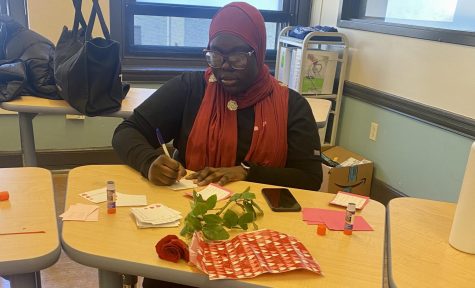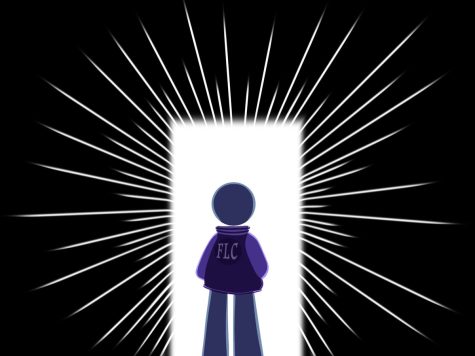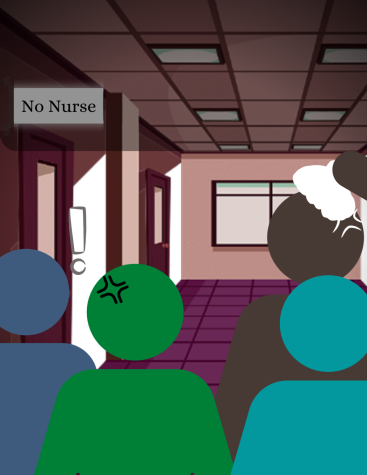Policy for LGBTQIA+ rights
March 29, 2022
The School District of Philadelphia has had a flood of new members to their PTA meetings wanting to discuss many topics. One of the most prominent topics being Policy 252. Numerous meetings have been called regarding whether or not it should be revoked. Meanwhile, more and more school districts have been trying to instate Policy 252. Ongoing debates about Policy 252 are still being continued, but what exactly is it and why is it so controversial?
Policy 252 was released in 2016 and contains a plethora of codes. The following are some of the codes mentioned in Policy 252. Allowing students the right to change their name and pronouns without parental consent. Encouraging gender-neutral terms as well as encouraging the dispense of accurate health education. Allowing students to keep their gender identity, assigned gender, and legal name confidential. Access to restrooms and locker rooms that students are the most comfortable in and prohibiting gender-segregated activities, discrimination of any kind, and gender-segregated dress codes. The principal goal for policy 252 was to educate and protect students, especially those in the LGBTQIA+ spectrum, but many fear it’s doing the opposite.
The controversy that lies in policy 252 is mainly with districts and individualized schools that want to revoke the policy. Some parents and guardians in the School District of Philadelphia want it revoked as well. They don’t want their children to change their gender identity and it interferes with their spiritual or religious beliefs. It isn’t what they’re accustomed to, making it seem offensive from their point of view. They find no need for gender-neutral uniforms and gender-neutral activities.
However, there are other parents and school districts who don’t particularly agree with those opinions. They have asserted that many students’ school environments will benefit by allowing students to be at ease. Allowing students to be comfortable with themselves can lead to better academic performance, which is what almost every parent wants and what school districts strive for. They also argue that the lack of acknowledgment for LGBTQIA+ students has caused generations of emotional, mental, and even physical trauma.
Some parents have turned to a study made by a nonprofit organization named, “The Trevor Project,” which found that teens in the LGBTQ+ community are about 4 times more likely to commit suicide. It was also found that gender non-conforming and transgender youth who were allowed to change their name on record had reported to having lower rates of attempting suicide.
Though Policy 252 is mandated throughout the School District of Philadelphia, there’s no guarantee that it’s enforced in every school. Students who should be protected from discrimination and harassment are not.
The policy isn’t clear on the punishment for people who violate the rules, which seems to be a substantial flaw. Nonetheless, the policy does a thorough job of defining many different terms that have been generating quite a bit of confusion as of lately. It differentiates terms such as assigned sex, gender identity, and gender expression. As well as defining both students’ rights and expectations of teachers.
The School District of Philadelphia and the schools themselves are responsible for enforcing these laws.
While the topic of Policy 252 is quite controversial at the moment, we’d love to hear your thoughts. To give your thoughts on the matter and on Federal decisions in general, go to https://www.regulations.gov/. If you want to learn more about your rights as a student, you should definitely go to the School District student rights page at https://www.philasd.org/studentrights/. If you’d like to know more about Policy 252 in particular then analyze the School District pdf at https://www.philasd.org/src/wp-content/uploads/sites/80/2017/06/252.pdf.


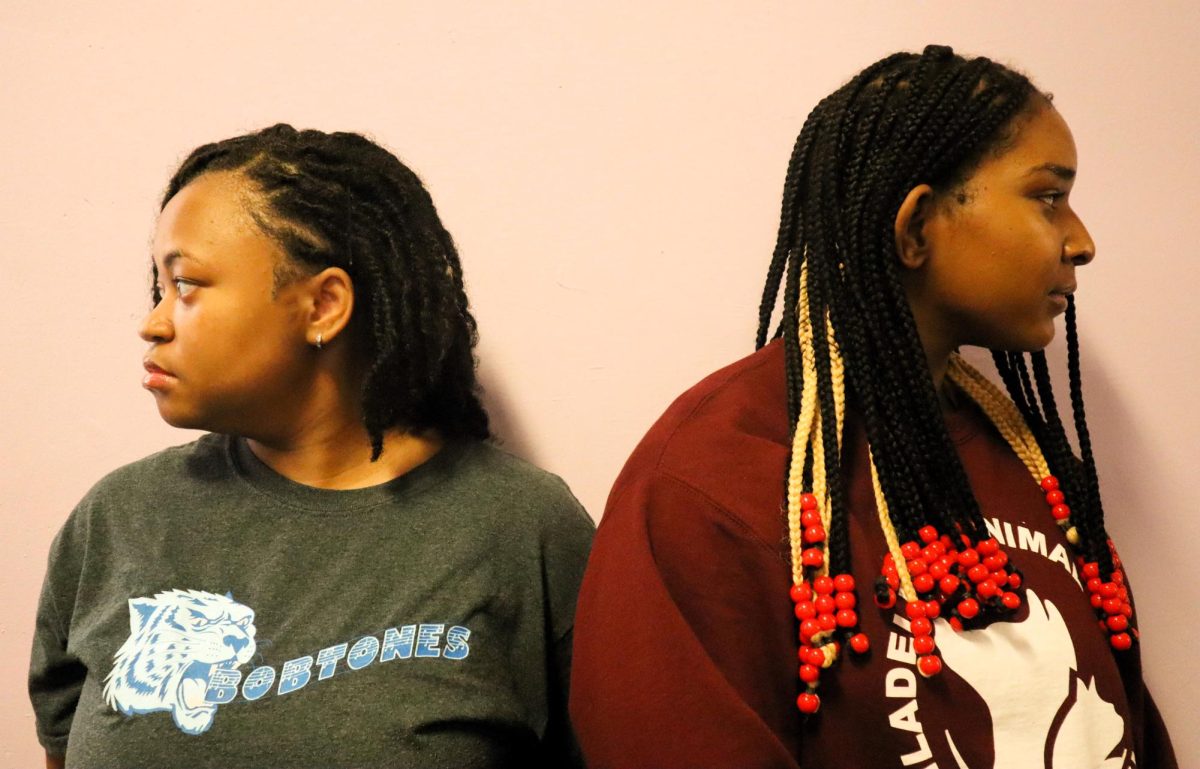
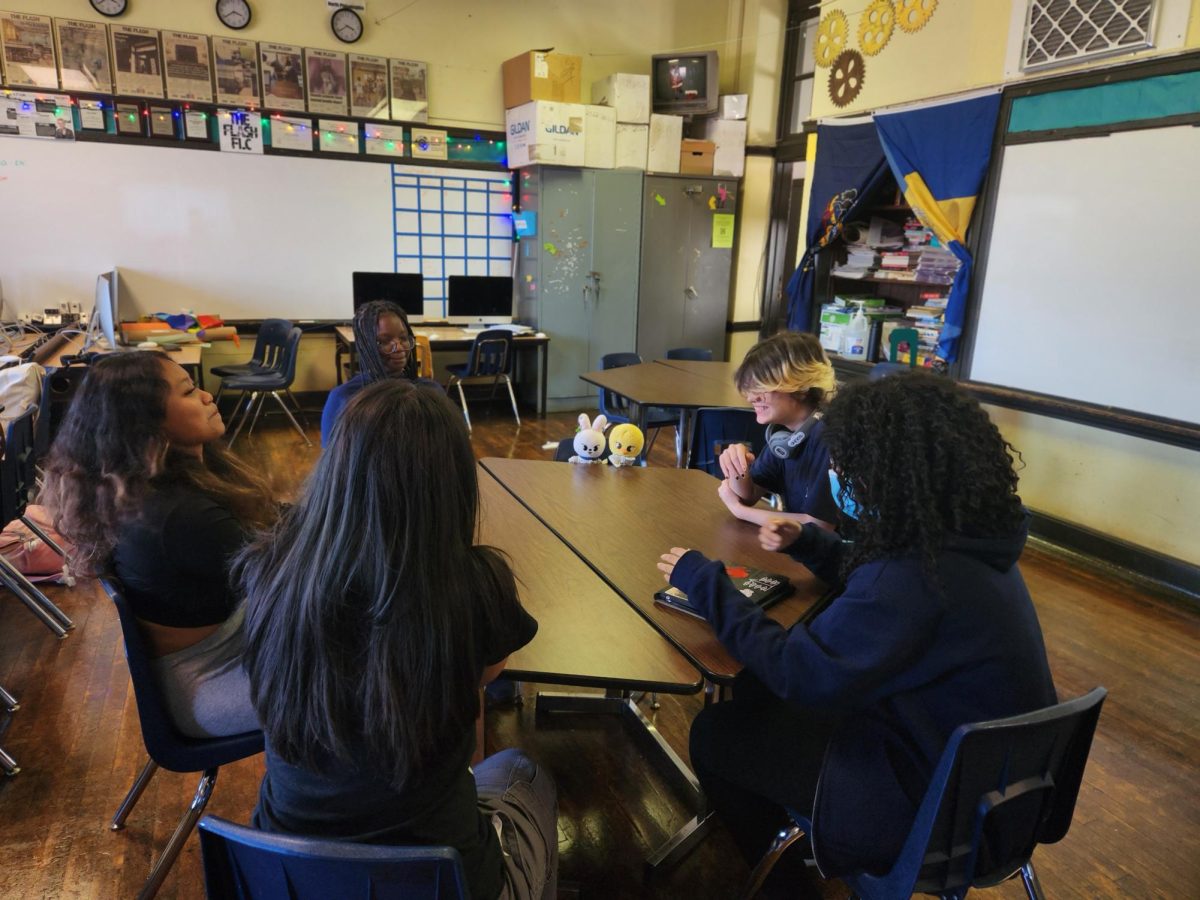

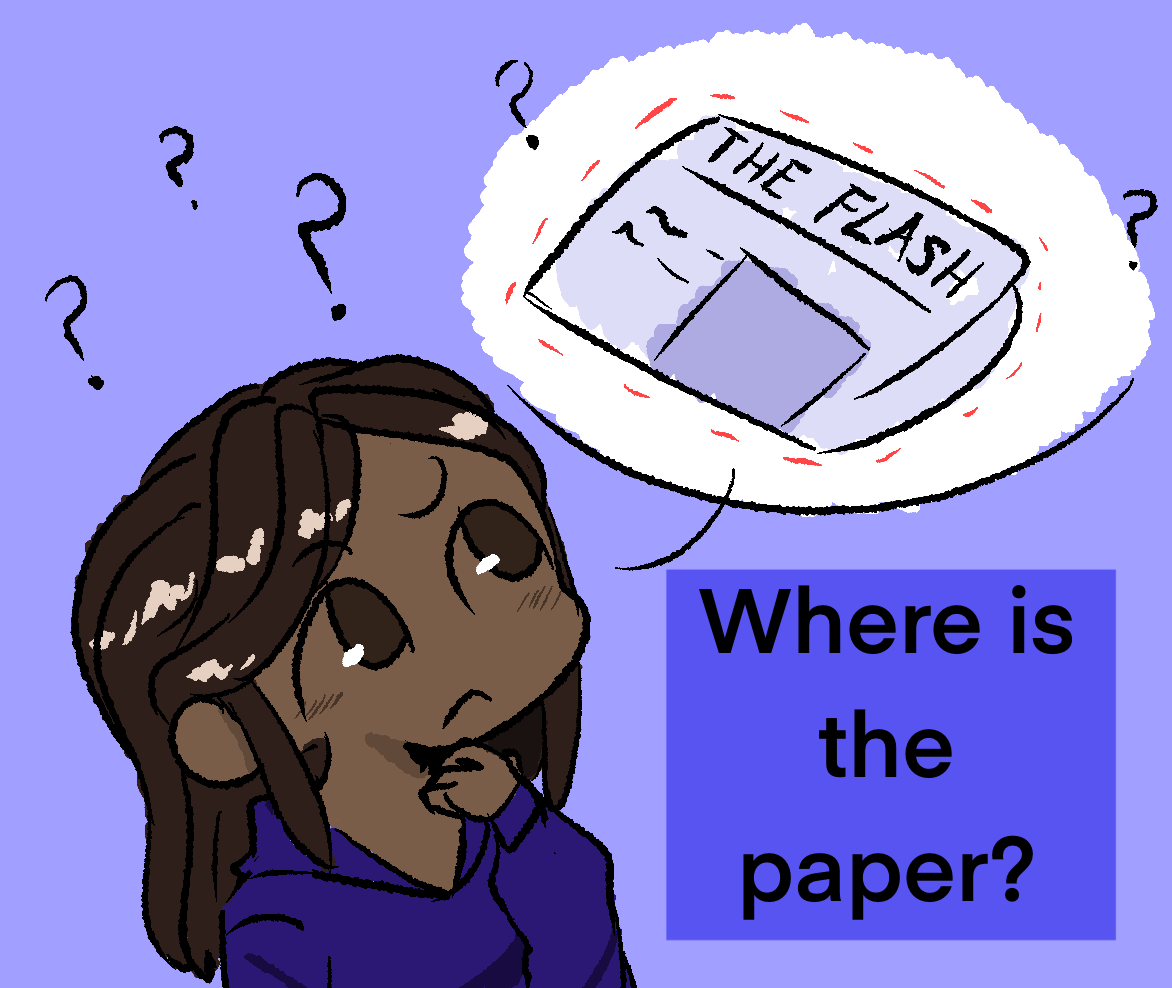

![[VIDEO] FLC 10th grade student awarded $40,000 in a BigFuture Scholarship](https://theflashflc.org/wp-content/uploads/2023/05/Screen-Shot-2023-05-02-at-4.39.10-PM-900x493.png)
![[VIDEO] Mayoral candidates campaign on student issues](https://theflashflc.org/wp-content/uploads/2023/04/IMG_1387-900x506.jpg)
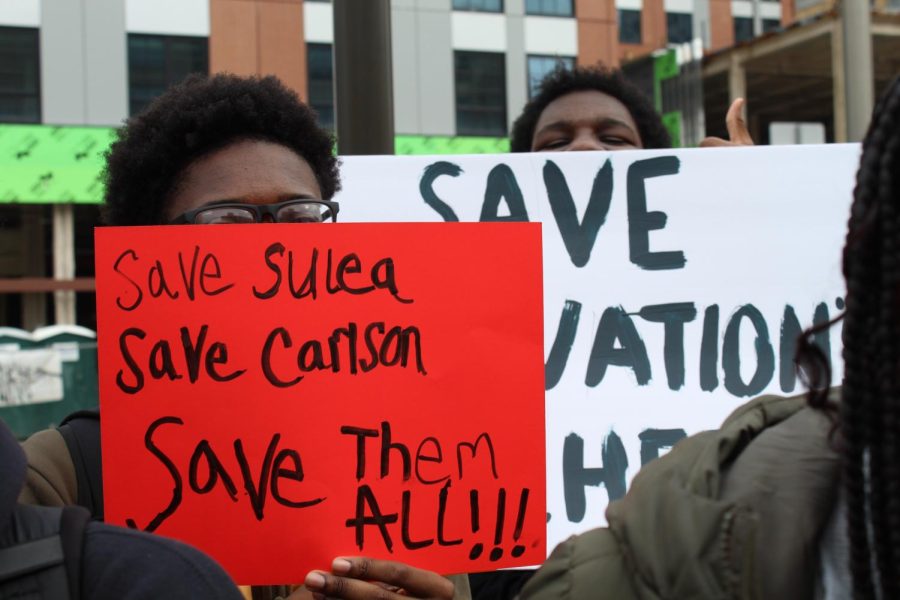

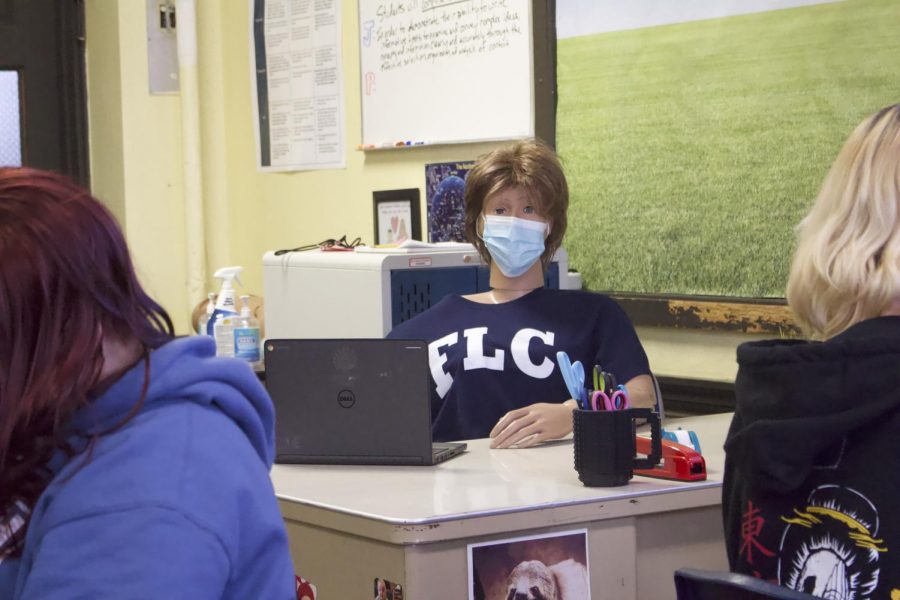
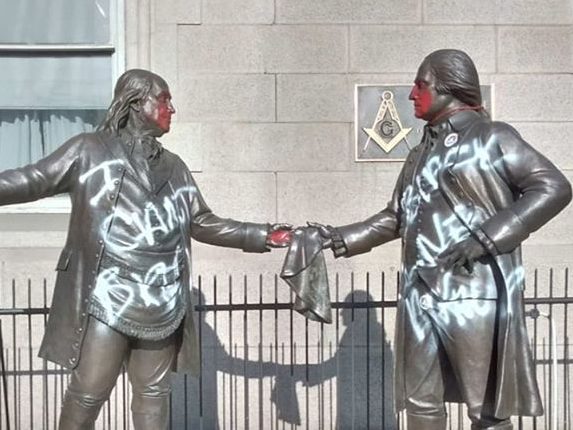
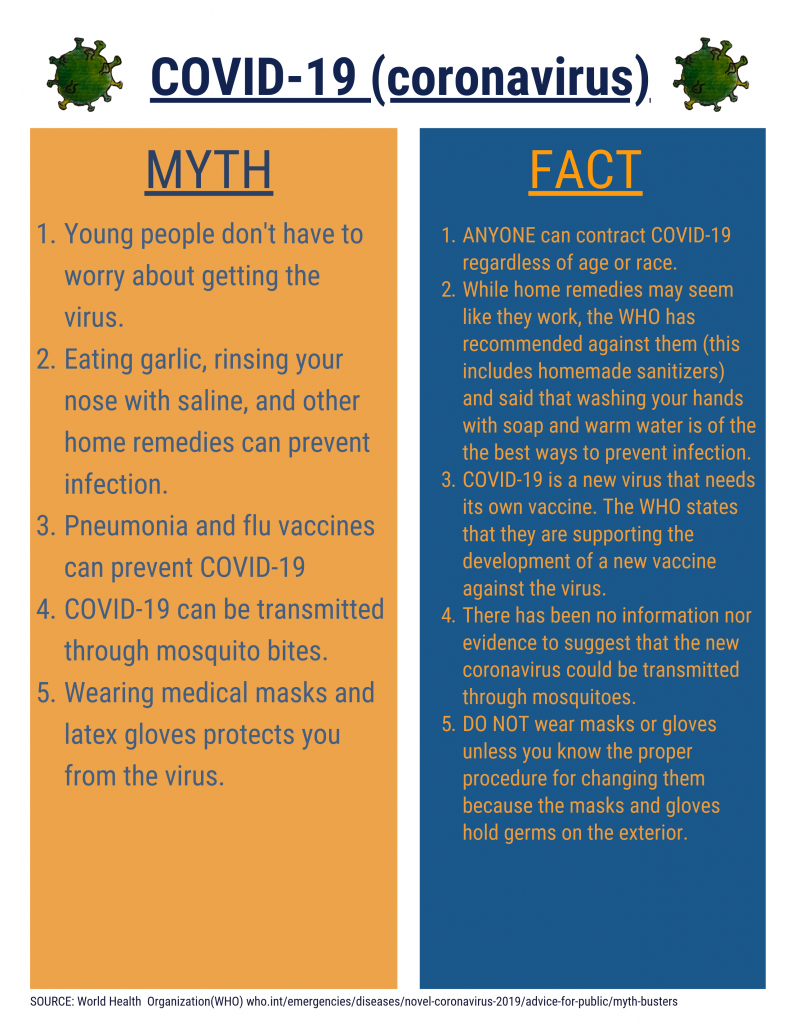

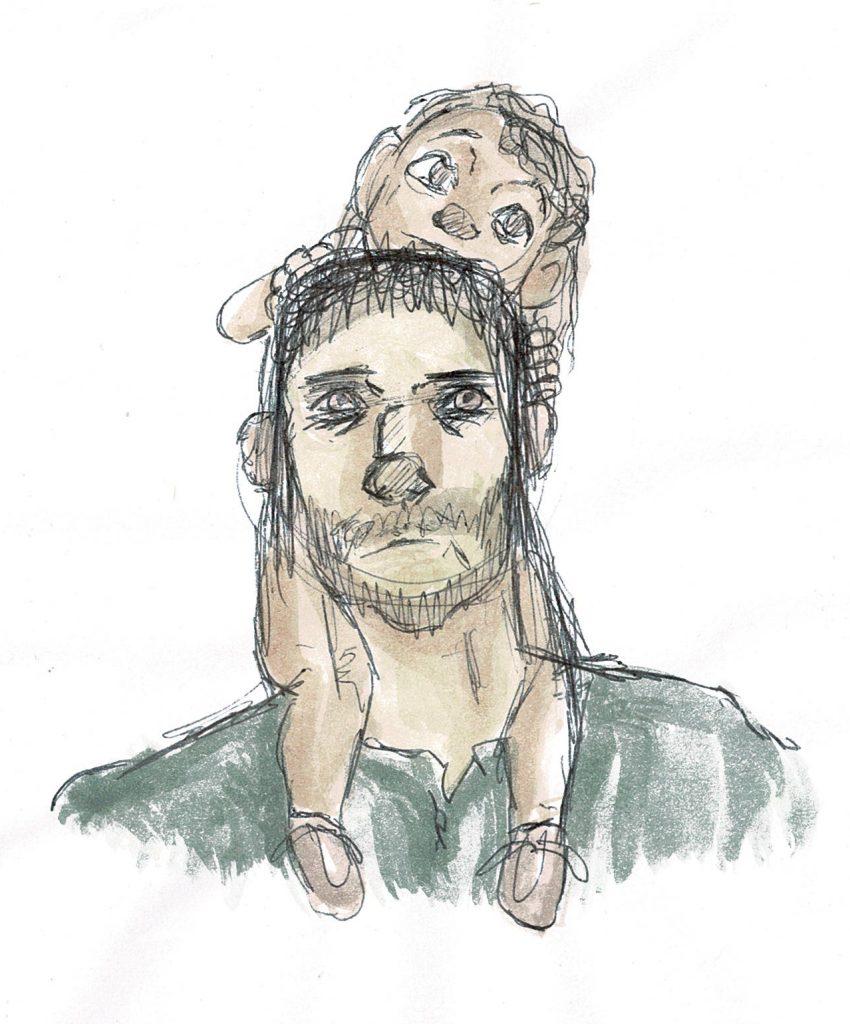









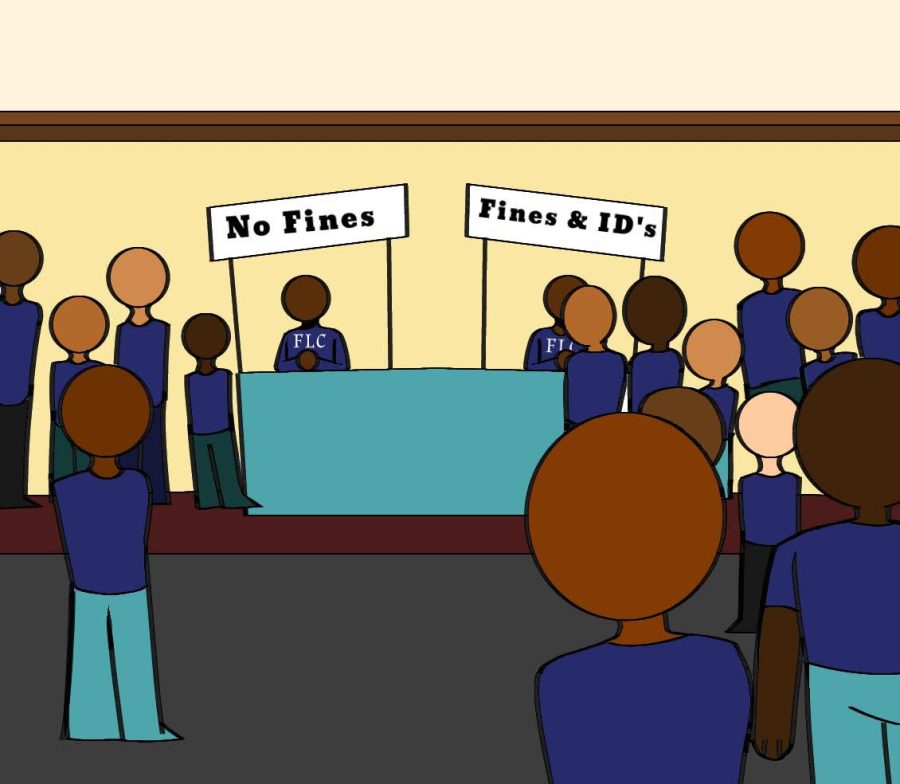
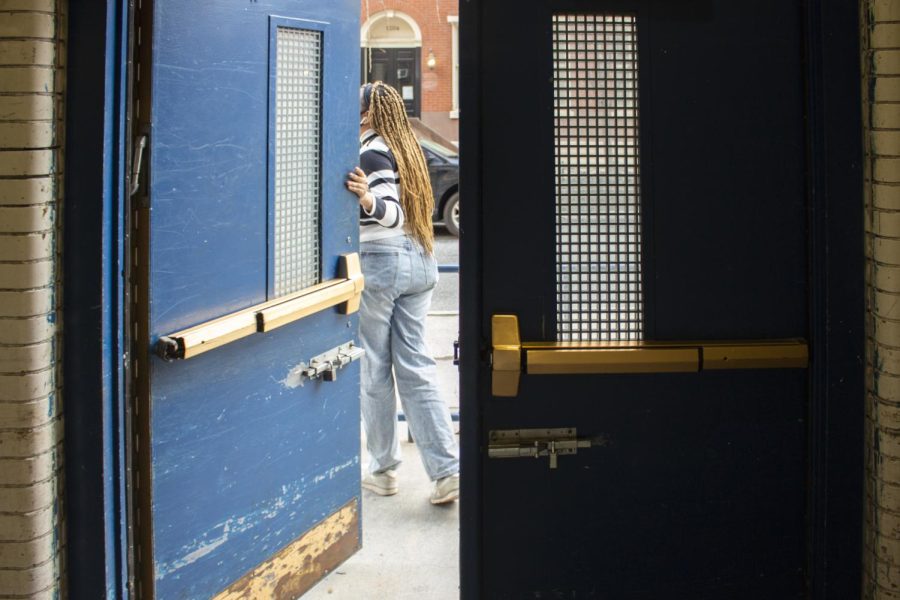

















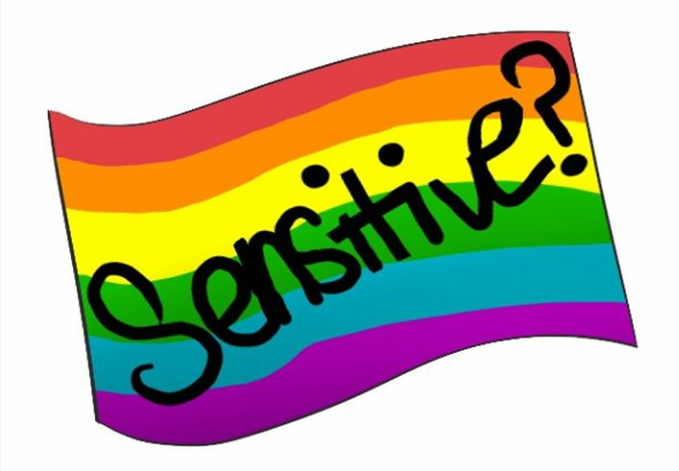







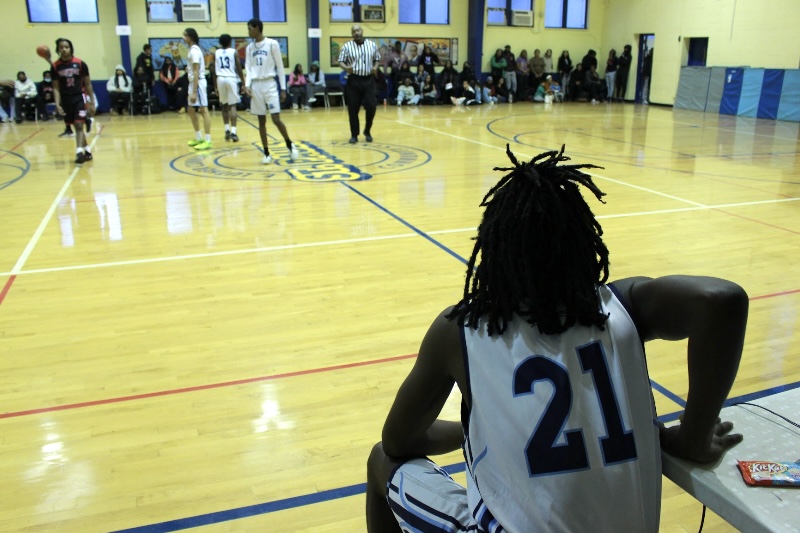
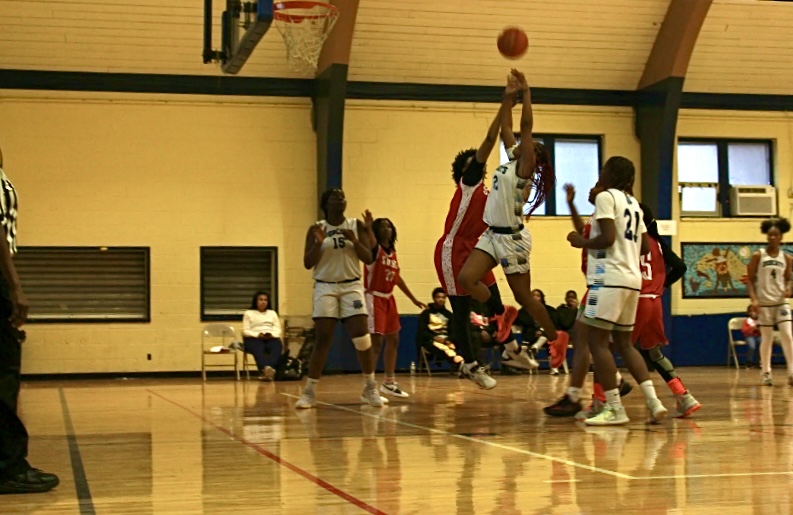
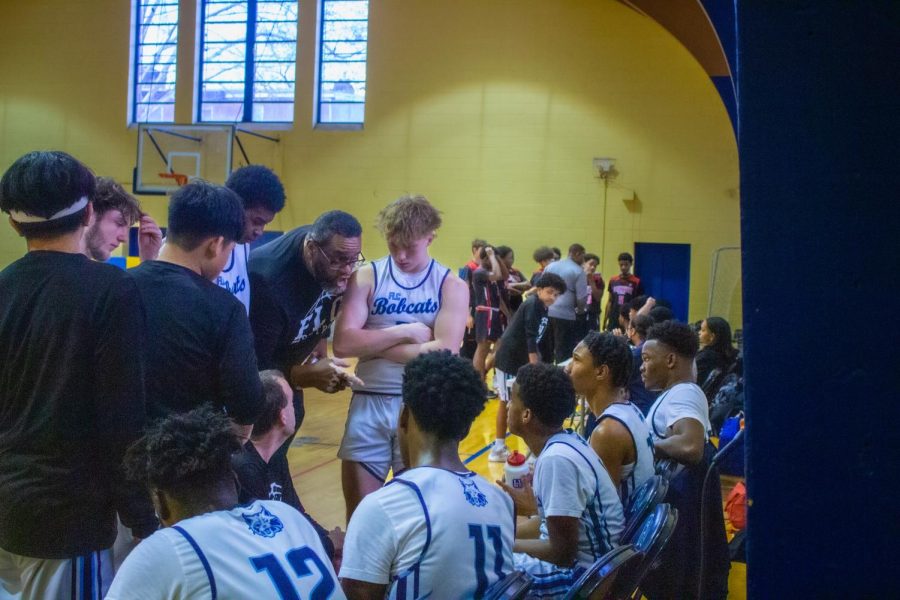




![[VIDEO] FLC 10th grade student awarded $40,000 in a BigFuture Scholarship](https://theflashflc.org/wp-content/uploads/2023/05/Screen-Shot-2023-05-02-at-4.39.10-PM-475x260.png)
![[VIDEO] Mayoral candidates campaign on student issues](https://theflashflc.org/wp-content/uploads/2023/04/IMG_1387-475x267.jpg)
